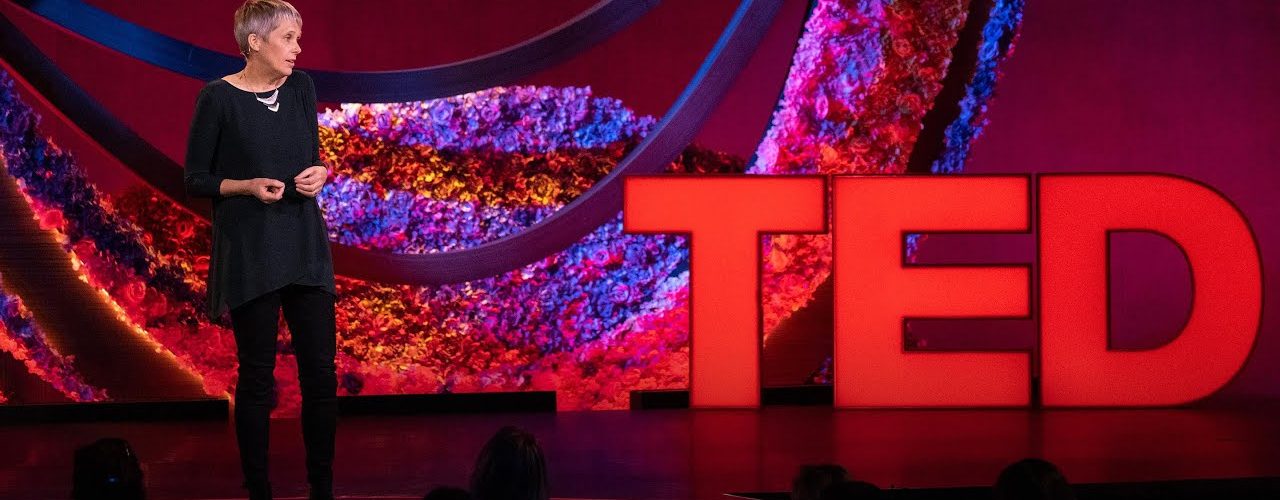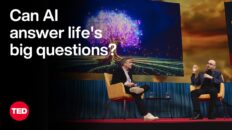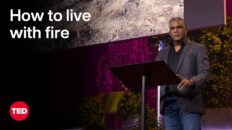What if robots could build and optimize themselves — with little to no help from humans? Computer scientist Emma Hart is working on a new technology that could make “artificial evolution” possible. She explains how the three ingredients of biological evolution can be replicated digitally to build robots that can self-assemble and adapt to any environment — from the rocky terrain of other planets to the darkest depths of the ocean — potentially ushering in a new generation of exploration.
If you love watching TED Talks like this one, become a TED Member to support our mission of spreading ideas: http://ted.com/membership
Follow TED!
Twitter: http://twitter.com/TEDTalks
Instagram: https://www.instagram.com/ted/
Facebook: http://facebook.com/TED
LinkedIn: https://www.linkedin.com/company/ted-conferences/
TikTok: https://www.tiktok.com/@tedtoks
The TED Talks channel features talks, performances and original series from the world’s leading thinkers and doers. Subscribe to our channel for videos on Technology, Entertainment and Design — plus science, business, global issues, the arts and more. Visit http://TED.com to get our entire library of TED Talks, transcripts, translations, personalized talk recommendations and more.
Watch more: https://go.ted.com/emmahart
For more fascinating talks from TED Women: https://www.youtube.com/playlist?list=PLOGi5-fAu8bH1aqR3ZBQ-njyeLtKcSk-T
TED’s videos may be used for non-commercial purposes under a Creative Commons License, Attribution–Non Commercial–No Derivatives (or the CC BY – NC – ND 4.0 International) and in accordance with our TED Talks Usage Policy (https://www.ted.com/about/our-organization/our-policies-terms/ted-talks-usage-policy). For more information on using TED for commercial purposes (e.g. employee learning, in a film or online course), please submit a Media Request at https://media-requests.ted.com
#TEDWomen #EmmaHart







